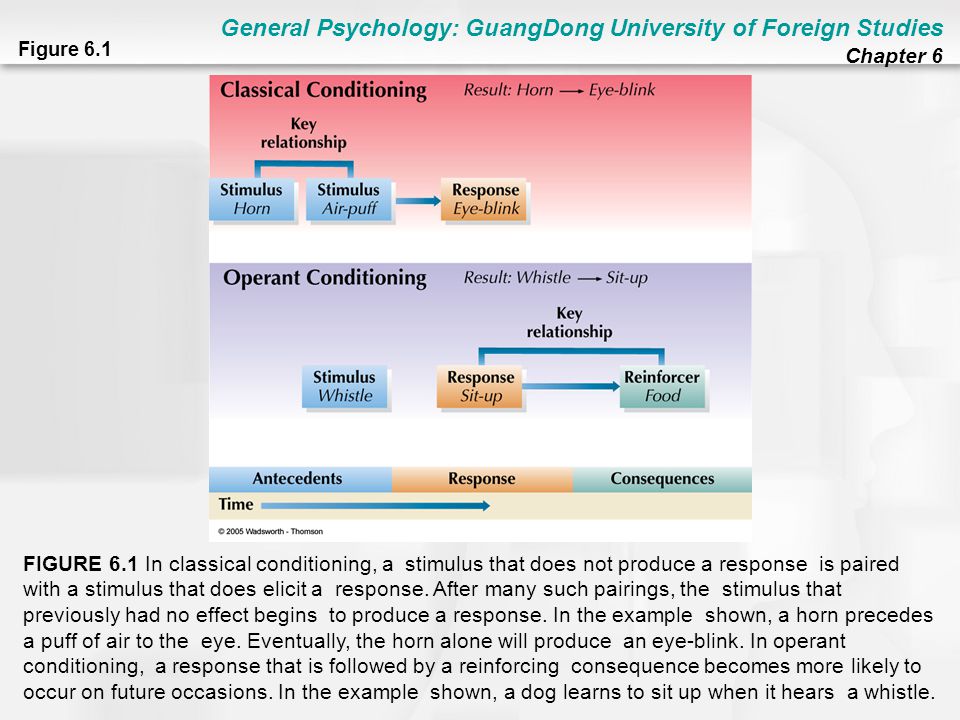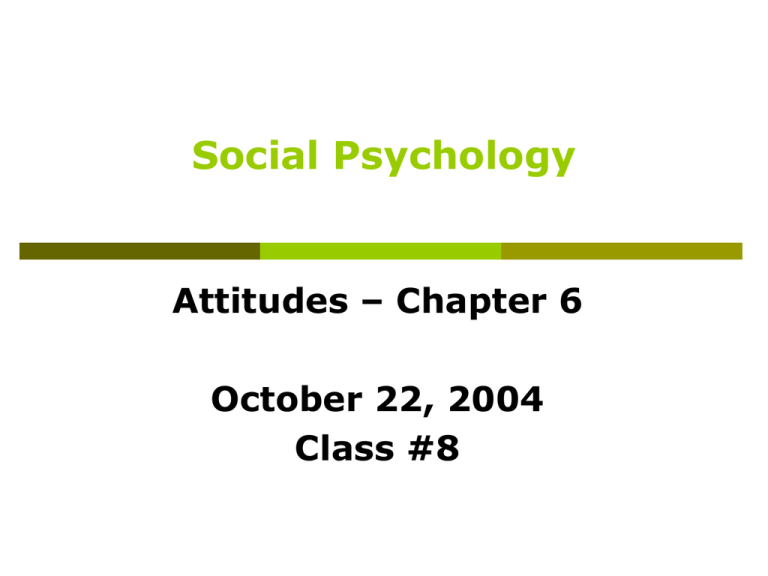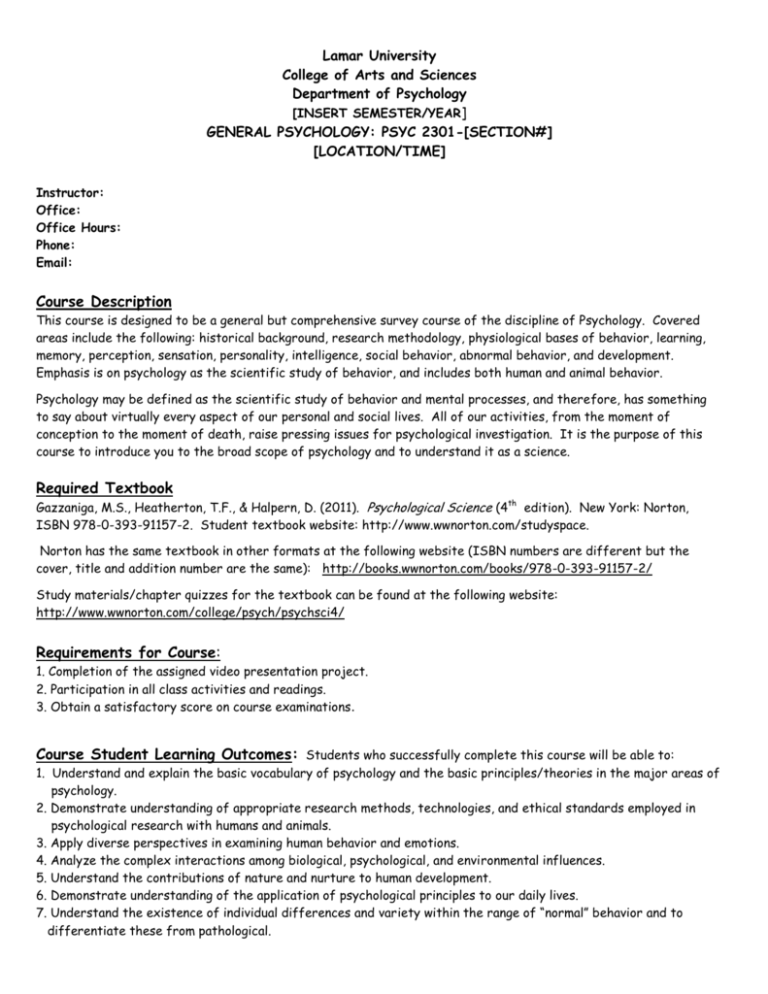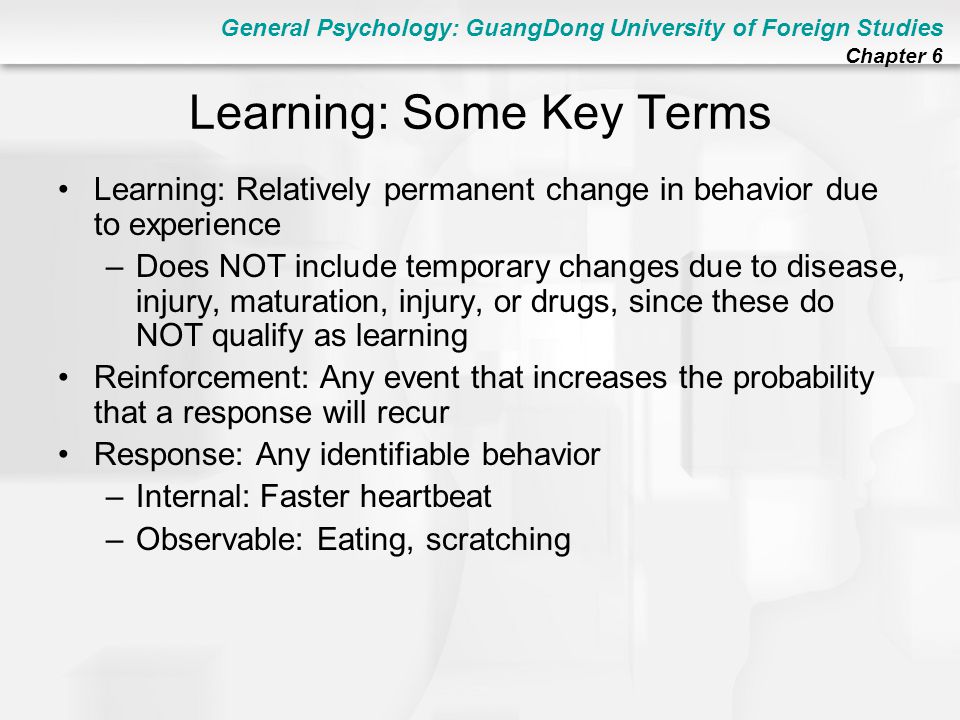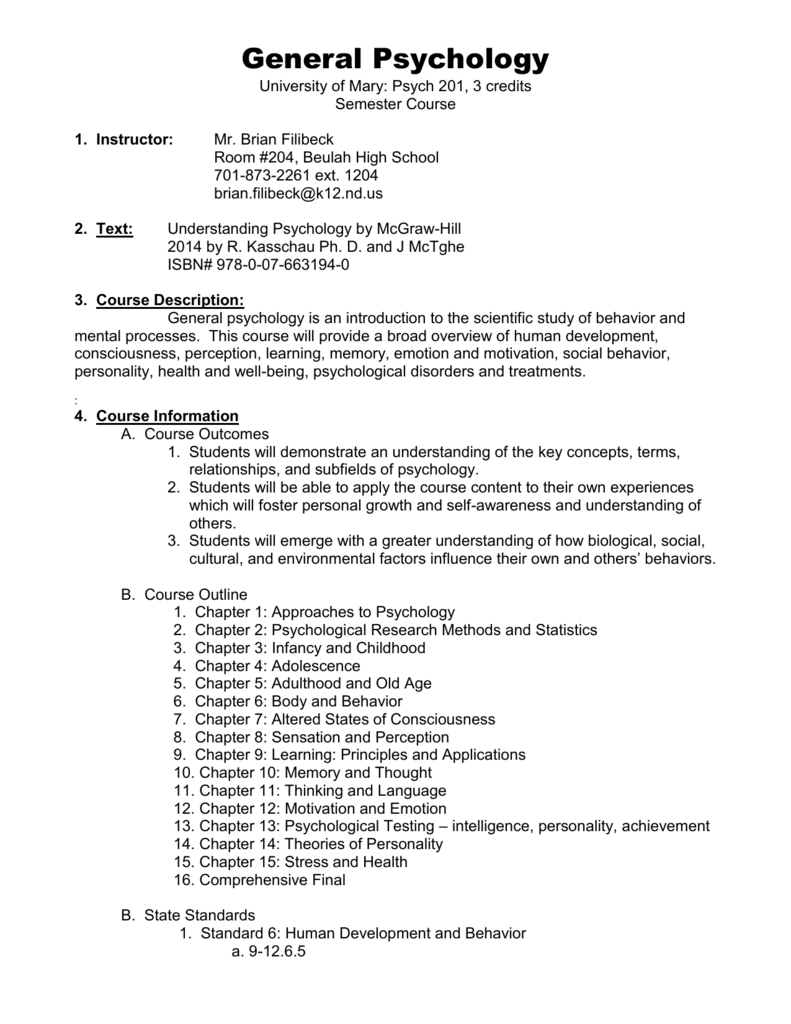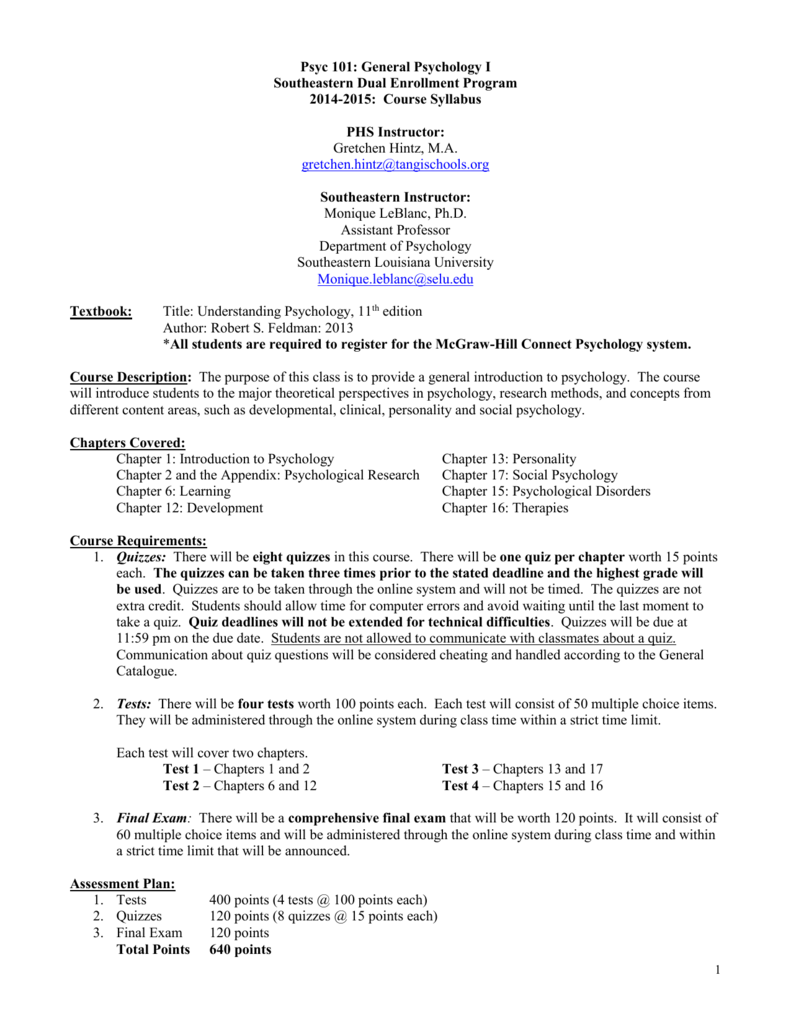Chapter 6 of a general psychology textbook typically covers various topics related to memory and cognition. Memory refers to the mental process of encoding, storing, and retrieving information, while cognition refers to the mental processes involved in acquiring and using knowledge, such as attention, perception, problem-solving, and language.
One key topic within this chapter might be the different types of memory. These include sensory memory, which briefly stores sensory information such as sight, sound, and touch; short-term memory, which holds information for a short period of time before it is either forgotten or transferred to long-term memory; and long-term memory, which is the ability to retain information over an extended period of time.
Another topic that might be covered in chapter 6 is the process of memory encoding, which refers to how information is transformed and stored in memory. This process involves the senses taking in information from the environment, and the brain then selecting, organizing, and interpreting that information. There are several different theories about how this process occurs, including the multi-store model, which proposes that information flows through the sensory memory, short-term memory, and long-term memory in a linear fashion, and the levels of processing theory, which suggests that the depth of processing that occurs during encoding affects the strength and durability of the memory.
In addition to memory and encoding, chapter 6 might also cover the various factors that can influence memory, such as attention, emotion, and context. For example, research has shown that our memory is often better for emotionally charged events, and that the context in which information is presented can also affect how well it is remembered.
Finally, chapter 6 might also discuss various cognitive processes and abilities, such as perception, attention, problem-solving, and language. Perception refers to the way we interpret and make sense of sensory information, while attention is the ability to focus on a particular stimulus or task. Problem-solving involves the use of various cognitive processes to identify and solve problems, and language is the system of communication that we use to convey meaning through the use of words and symbols.
Overall, chapter 6 of a general psychology textbook covers a wide range of topics related to memory and cognition, and provides an understanding of how these processes work and how they can be influenced by various factors.
